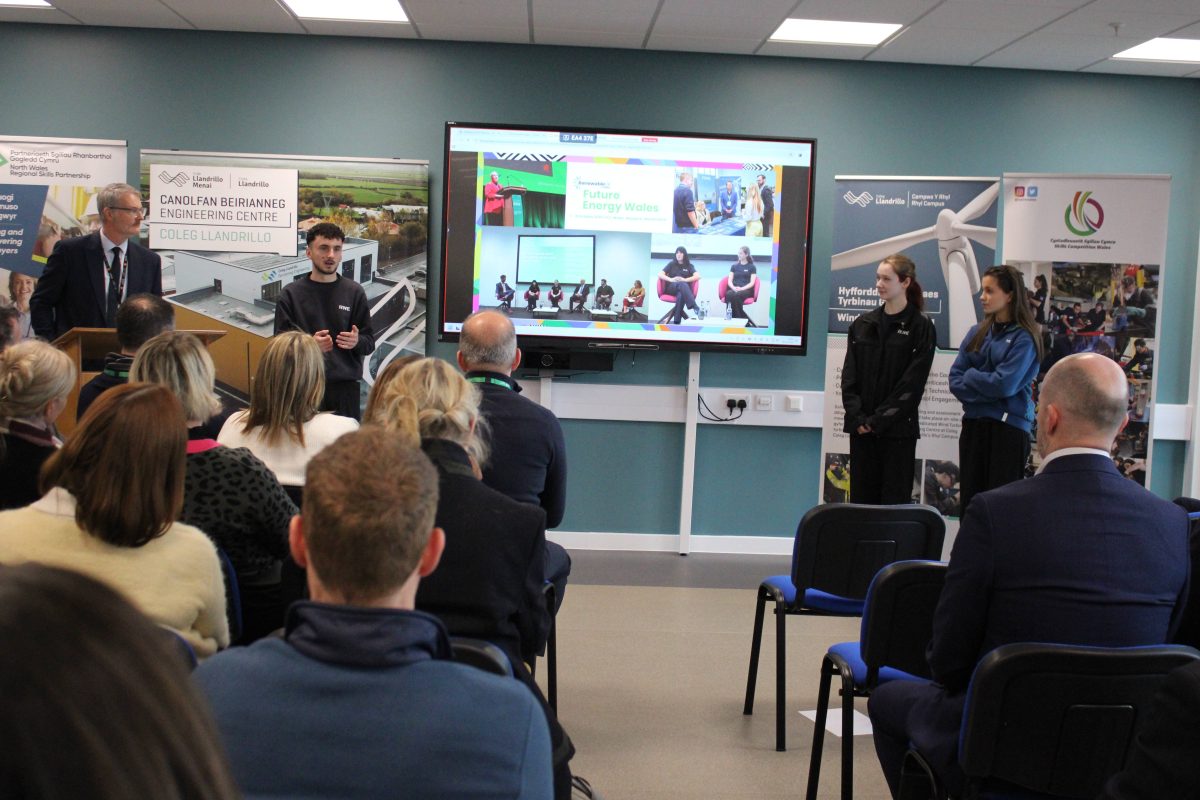Students push back: New research reveals 71% of students have considered dropping out of university this year

New research by Studiosity, the 24/7 online study support service for university students, has shown that 71% of this year’s cohort of university students have considered dropping out. Moreover, 81% say Covid-19 has had a negative effect on their university experience, with an additional 66% saying that university has not been as good as they expected.
With the majority of university students due to go back to university on 17th May, less than a week from now, Studiosity’s research has shone a light on the biggest reasons why students have considered dropping out, including having less face-to-face contact with academics (85%), spending less time on campus (80%) and struggling to meet new people / make friends (68%). Study stresses are abundant too, with 54% of students saying they have felt stressed at least once a day by studying.
There is an interesting gender split to the results as well, which suggests the gender gap is widening due to the pandemic, with female students suffering more than male students. In 2019, a quarter of women felt isolated from studying alone; this has gone up to a half in 2021. 29% of females described their overall wellbeing as ‘poor’ compared to 17% of males.
Despite this, almost two thirds say they would be likely to choose the same university again and only 16% would not choose their university again. Universities will be pleased to know, too, that students are positive about the future of higher education, with 74% saying they hope universities will offer more out of office support services in the future and 63% saying they would use a 24/7 online study support service if it was available to them. Nearly half of students agree that their study stress could be mediated by universities extending their offering with additional out of hours online support for when they are not in class or on campus.
Professor Rebecca Bunting, Vice Chancellor and Chief Executive of the University of Bedfordshire and Studiosity UK Academic Advisory Board Member, said:
“There is no doubt that the last academic year has been incredibly challenging for university and college students across the world, and it comes as no surprise that students have felt anxious and have not found remote learning easy.
As we contemplate both the return to campus and the longer term prospect of growth in blended learning, universities will be looking for innovative ways to support their students, to rebuild their academic confidence and provide additional learning support when students need it most. This research is a timely reminder that students do not lead nine to five lives and are looking for online academic support that is available when they need it. Such support can and does transform the learning experience for students, as I have seen in my own university.”
Sir Eric Thomas, Studiosity UK Academic Advisory Board Member and ex-VC, University of Bristol, said:
“Although Universities mobilised quickly to negate the effects of the pandemic as best they could, there is no doubt that Covid has still had a hugely negative effect on the University experience – as shown by Studiosity’s research. Constant lockdowns coupled with remote lectures and virtual seminar groups are not what students originally signed up for so it comes as no surprise that this is a group that have felt the effects of the pandemic very acutely.
While Universities themselves have had to pivot drastically in a short space of time to accommodate for remote learning, what is overwhelmingly apparent from this research is that the time has come for more out of hours study support for students. The insights show that the vast majority of students have cited lack of face-to-face time with academics and not getting adequate support with academic work as their main reasons for finding this past year of university such a struggle. While the past 12 months has been a testing year for so many, and in so many ways, the opportunity now is to look to the future and the solutions we can offer for tomorrow’s students; it’s time for a blended learning environment with more digital support for students outside of the traditional 9 to 5 university structure.”











Responses